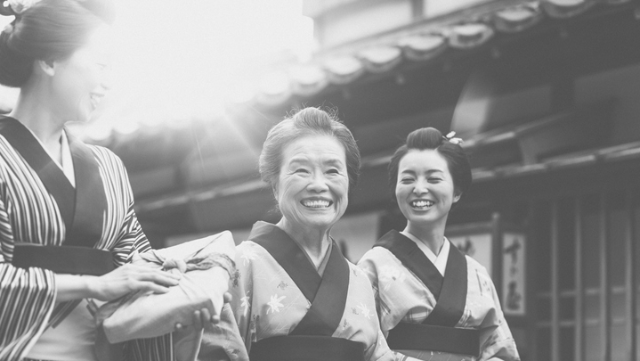Identifying our personal ‘ikigai’ can help us to develop a fulfilling career.
The Japanese concept of ‘ikigai’ (from iki, meaning life, and gai, meaning worth) refers to ‘that which gives our life worth, meaning or purpose’; in other words, it represents what we live for or get up for in the morning. Practically speaking, it’s the intersection point of passion, vocation, profession and mission. Ikigai can be found where the following four criteria overlap:
-
What we love doing (passion)
-
What we’re good at – or could realistically become good at (vocation)
-
What we can be paid for (profession)
-
What the communities we belong to most need from us (mission)
Embodying ‘the happiness of living’, ikigai demonstrates that all these elements are intrinsically connected, and is thought to lie at the heart of the extraordinary longevity found on the Okinawa Island in the Kyushu region of Japan.
“In the Okinawan language there isn’t even a word for retirement,” explains Dan Buettner, author of Blue Zones: Lessons on Living Longer from the People Who’ve Lived the Longest. “Instead, there is one word that imbues your entire life, and that word is ‘ikigai’.”
Uncovering our own ikigai (which flex and change over the course of a lifetime) can help us to think more deeply about our career aspirations and to find greater fulfilment in our daily lives. To do so, we can do the following exercise:
Creating an ikigai Venn diagram
1. Draw a Venn diagram with four overlapping circles and a space at the centre, labelling each circle according to the four ikigai criteria and their sub-domains, as in the example below. (We’ve created a template that you can download and print, if you prefer.)

2. Create lists in columns under the four key headings (What I love; What I can be paid for;...) as in the example below. (We've created a template, if you would like to use this.)

It may help to ask ourselves questions such as:
-
What brings me joy on a daily basis? Who do I envy and why? What did I enjoy doing as a child?
-
What do I find easy to do? What do people compliment me on? During which tasks do I experience ‘flow’?
-
What professional skills do I have or could I develop or enhance? What other skills do I have that might be transferable to work?
-
What are the causes or issues that affect or concern me? What unique talents or perspectives can I offer? Where can I see skills or service gaps and high-growth or emerging fields?
3. Note the different intersections, including the four that leave us only partially fulfilled. The space where all our circles overlap is our ikigai. We can now reflect on our current work situation and where it would currently sit within the Venn diagram.


